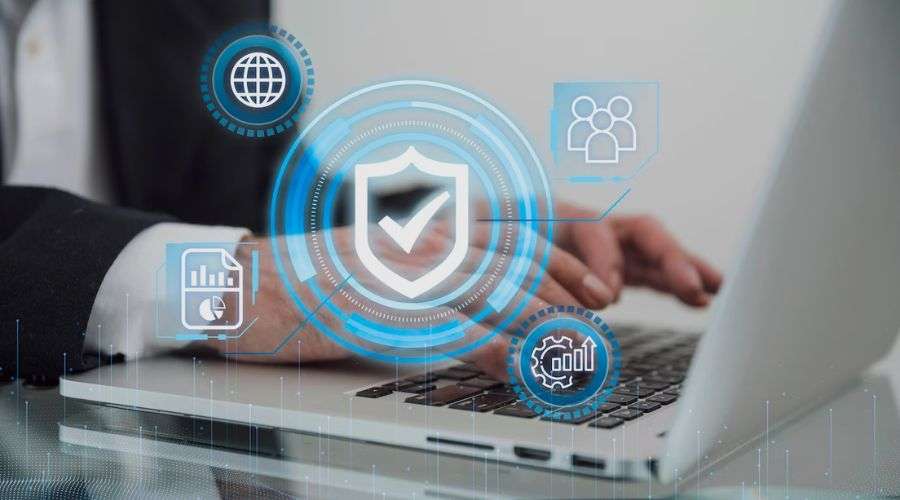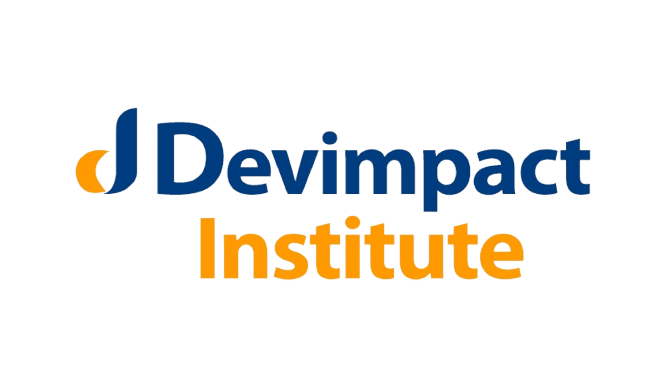
Training on Information Security Management Systems(ISMS) and IT Governance
In today’s digital age, information security has become paramount for organizations to protect their sensitive data, maintain customer trust, and ensure business continuity. Information Security Management System (ISMS) and IT Governance play crucial roles in helping organizations establish robust frameworks and practices to mitigate risks and manage their IT infrastructure effectively.
With the increasing complexity of cyber threats and regulatory requirements, there is a growing demand for professionals who possess a deep understanding of Information Security Management System (ISMS) and IT Governance principles.
The course provides a solid foundation in ISMS principles based on international standards such as ISO/IEC 27001:2013 and offers insights into IT governance frameworks like COBIT. Participants will learn practical approaches to identify, assess, and mitigate information security risks, develop and implement policies and procedures, and establish processes for continuous improvement.
Target Participants
This course is ideal for IT professionals, information security managers, risk management professionals, compliance officers, auditors, and business managers seeking to deepen their understanding of ISMS and IT governance and enhance their professional capabilities in this critical domain.
What You Will Learn
By the end of this course the participants will be able to:
- Obtain the necessary expertise to support an organization to implement an Information Security Management System that complies with ISO/IEC 27001
- Understand the Information Security Management System implementation process
- Provide continual prevention and assessments of threats within their organizations
- Develop and implement effective IT governance frameworks
- Understand the role of policies, procedures, and controls in information security management and IT governance
- Establish processes for monitoring, measuring, and improving information security and IT governance practices
- Prepare for compliance audits and certifications related to ISMS and IT Governance
Course Duration
Online 14 Days
Classroom-based 10 Days
Introduction to Information Security Management System (ISMS)
- Overview of ISMS
- Importance of information security
- Key principles of ISMS
- Introduction to ISO/IEC 27001:2013 standard
- Understanding the risk management process
- Identifying information assets and risks
Implementing ISMS
- Establishing an ISMS framework
- Risk assessment and treatment
- Developing information security policies and procedures
- Implementing controls according to ISO/IEC 27002
- Documentation requirements
Business Continuity Planning (BCP) and Disaster Recovery (DR)
- Importance of BCP and DR in ISMS
- Developing business impact analysis (BIA)
- Creating business continuity and disaster recovery plans
- Testing and exercising BCP and DR plans
- Maintaining and updating BCP and DR plans
IT Governance
- Introduction to IT governance
- COBIT framework overview
- IT governance structures and processes
- Aligning IT with business objectives
- Roles and responsibilities in IT governance
IT Governance Frameworks
- Overview of IT governance frameworks (COBIT, ITIL, etc.)
- Implementing IT governance controls
- IT strategy and planning
- Performance measurement and metrics
- IT governance case studies
Vendor Management and Third-Party Risk
- Assessing third-party risks in ISMS
- Vendor selection criteria and due diligence
- Contractual obligations and service level agreements (SLAs)
- Monitoring and managing third-party relationships
- Addressing supply chain security risks
Compliance and Audit
- Compliance requirements for ISMS and IT governance
- Preparing for audits and certifications
- Continuous improvement of ISMS and IT governance processes
Incident Response and Management
- Understanding incident response lifecycle
- Establishing incident response procedures
- Incident detection, analysis, containment, eradication, and recovery
- Creating incident response teams and roles
- Conducting post-incident reviews and improvement actions
Monitoring and Assurance
- Metrics and dashboards
- Key performance indicators (KPIs)
- 3 lines model
- Oversight and assurance functions
- Assurance on process outcome
- Assurance on process execution
Security Awareness and Training
- Importance of security awareness
- Developing security awareness programs
- Conducting security training for employees
- Promoting a security-conscious culture
- Measuring the effectiveness of security awareness initiatives

